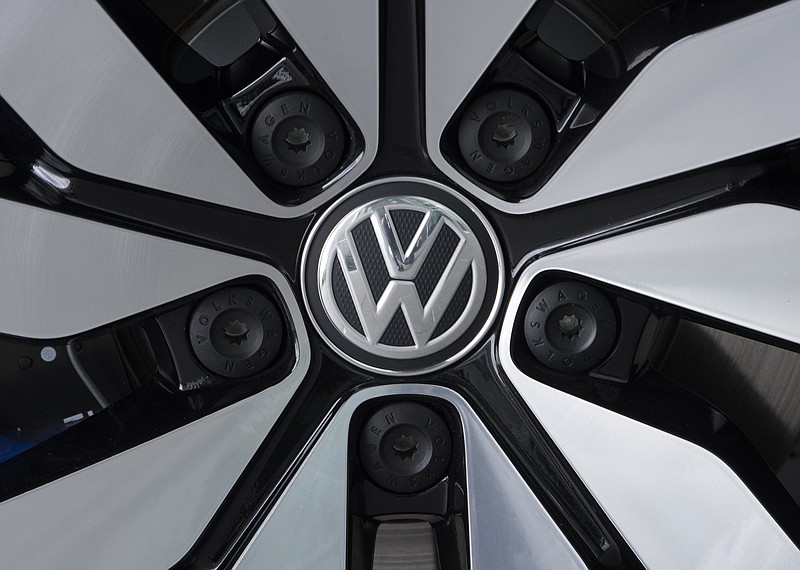LONDON - The German carmakers BMW, Daimler and Volkswagen colluded for years to restrict the development of clean-emissions technology, the European Commission said Friday, a finding that could cost the companies billions of dollars in fines.
The collusion occurred from 2006 to 2014 during regular technical meetings at which the carmakers agreed to limit the development and production of emissions technology for cars sold in Europe, the commission said.
"Companies can cooperate in many ways to improve the quality of their products," Margrethe Vestager, the European Union's commissioner in charge of competition policy, said in a statement. "However, EU competition rules do not allow them to collude on exactly the opposite: not to improve their products, not to compete on quality."
"As a result, European consumers may have been denied the opportunity to buy cars with the best available technology," Vestager added.
The commission's finding, released as a statement of objections, is a result of an investigation that began in September after inspections at the automakers' facilities.
A Daimler spokesman said that the automaker had been "cooperating extensively with the European Commission" and it "does not expect to receive a fine in this matter."
BMW said it would examine the commission's statement and added that "lawful coordination of industry positions on regulatory framework should not be equated with unlawful cartel agreements."
A statement from Volkswagen said it would "examine the complaints" and issue a fuller response after an evaluation. But it said the commission had acknowledged that "cooperation between manufacturers on technical issues is widespread in the global automotive industry."
Volkswagen also said the commission "sees no evidence of a connection between these proceedings and the allegations regarding the use of illegal defeat devices," referring to the scandal that began in 2015 when the company was accused of installing illegal software on cars to evade standards on diesel emissions tests. That deception has cost the company billions of dollars in fines.
The next step in the inquiry is for the commission to review the automakers' responses. It could eventually impose fines of up to 10 percent of each company's annual worldwide sales.
